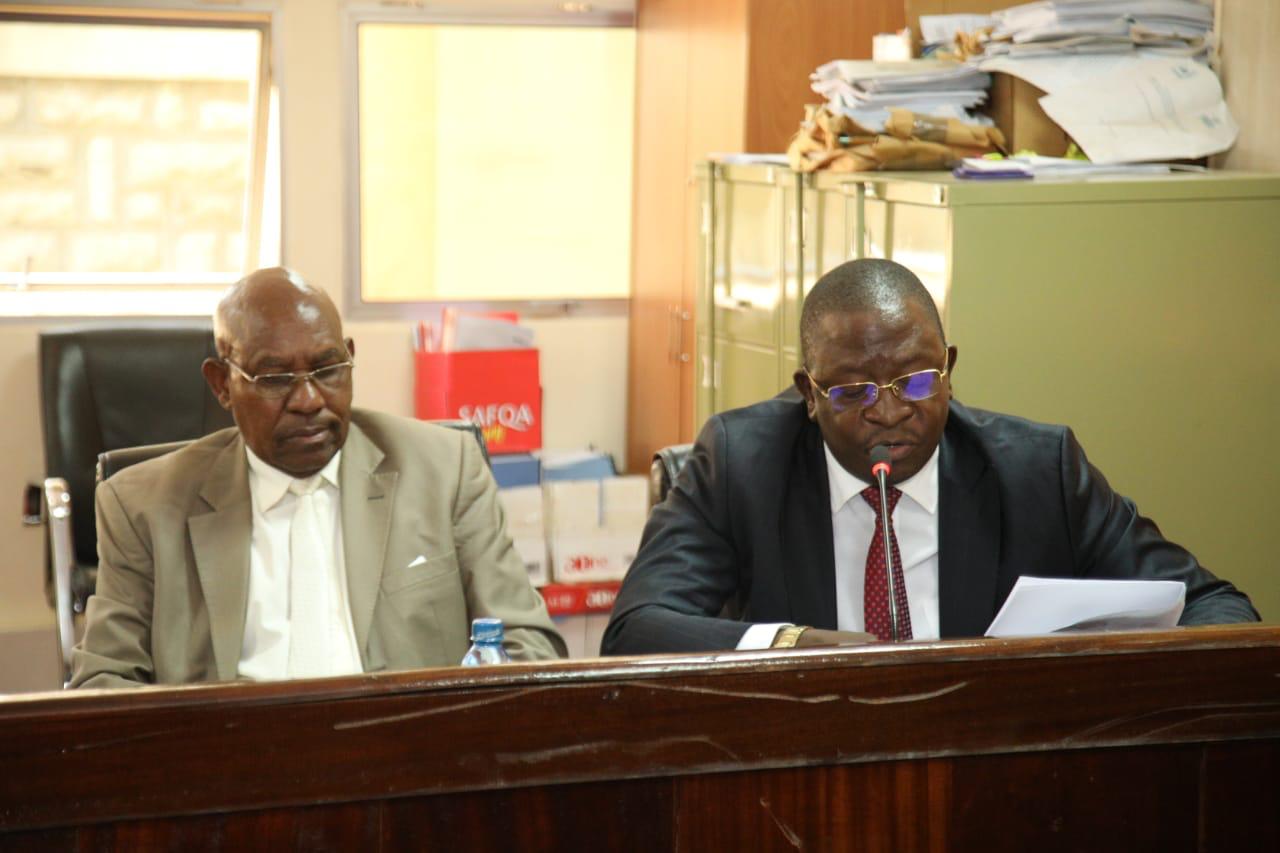The Protective and Safety Association of Kenya (PROSAK) and the Protective Security Industry Association (PSIA) have stated that the Ministry of Labour and not the Private Security Regulatory Authority (PSRA) is responsible for adjusting wages.
Led by Fazul Mahamed, the associations noted that they are committed to using constitutional and legal avenues to challenge illegal pronouncements by the PSRA.
They have in addition vowed to continue to seek legal avenues to stop PSRA’s minimum wage bill and illegal license cancellations which pose a significant threat to the survival of many private security companies in the country.
According to the associations, any adjustments in wages must be gazetted by Labour Cabinet Secretary Florence Bore as stipulated under the Employment Act No 11 of 2007. This was last amended in 2022 via Gazette Notice No 125.
“The PSRA’s cancellation of licenses for some private security firms was done without following the proper procedures outlined in the PSRA Act Articles 32 and 43, which require notice and appeal before taking such a drastic measure,” they say.
The associations’ further note that CS Bore has already disowned the PSRA’s illegal directive that requires private security firms to pay their guards a minimum salary of Ksh 30,000.

“This shows the PSRA’s disregard for the law and demonstrates impunity.”
While the associations agree that security guards deserve better pay, the current economic circumstances make it neither practical nor possible. “Achieving this objective requires collaboration and sober input from all stakeholders to find a middle ground.”
They further note that only a few companies can afford to pay higher salaries based on the financial muscle of their clients who are paying premium rates for specialized services, while many have been forced to either reduce their operations, lay off staff, and, in some cases, close down due to the weakened economy and increased taxes.
Estimates places job losses in the private security sector alone at between 500,000 to 700,000 due to these factors fueled by punitive laws which will lead to security companies laying off up to half of their workforce in order to survive.
According to the latest Central Bank of Kenya Survey, the private sector plans to lay off 15per cent of its employees in 2024, which amounts to over 300,000 workers. Unfortunately, the private security sector is not exempt from this harsh economic reality
Meanwhile, three association members have already filed appeals with the Cabinet Secretary of Interior and Administration of National Government in a id continue to seek legal redress to clear these issues that hinder the growth and development of the profession in a difficult economic environment.
Currently this case has been moved to the High Court.





